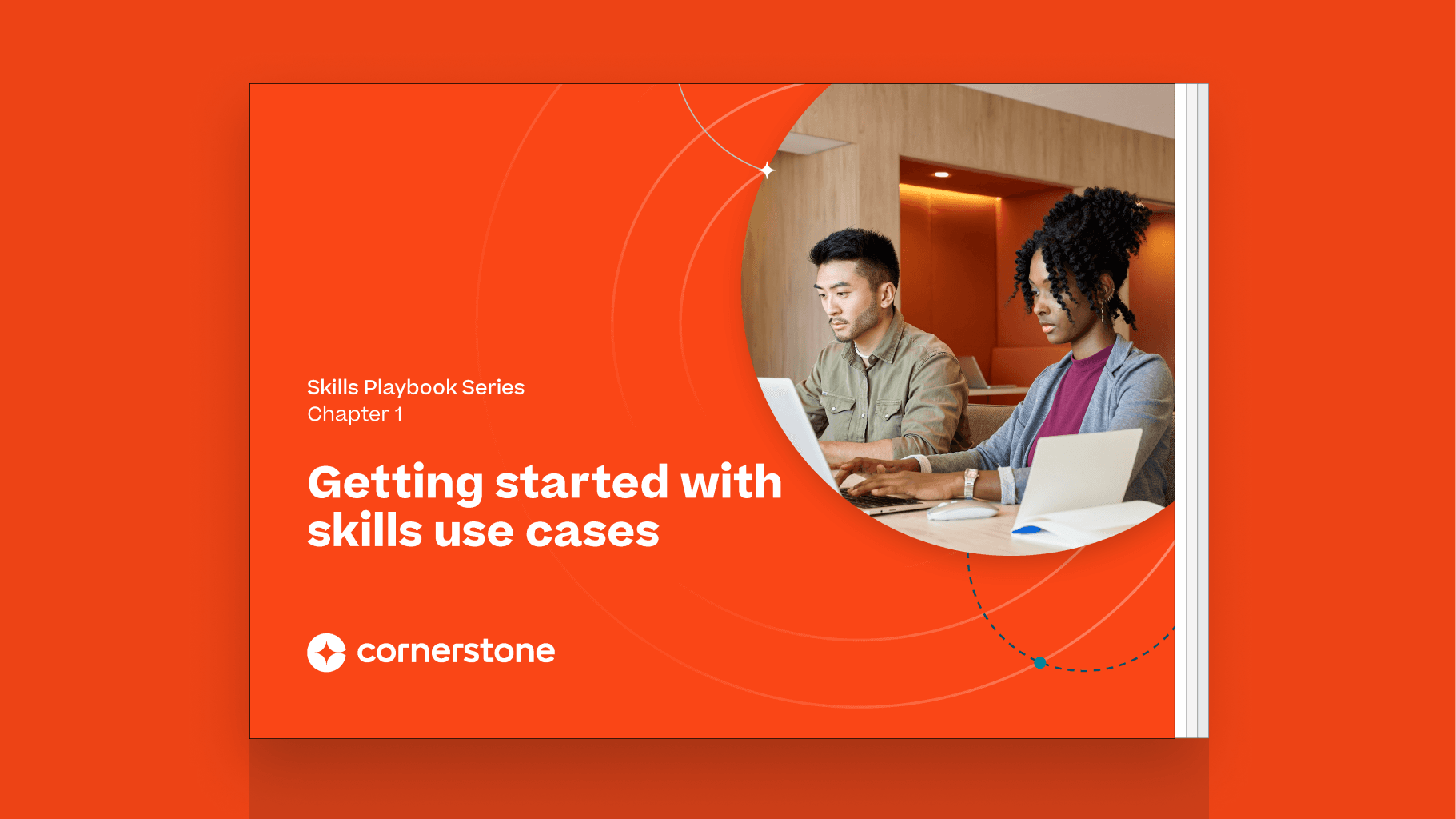A new wave of employees is reshaping today's workforce. Members of Generation Z are starting their careers, and millennials now make up more than one-third of the U.S. workers—a majority that is expected to rise to 75 percent by 2025. This means that workplace priorities and expectations are shifting as older generations become the minority.
When it comes to learning and development, younger generations have a different outlook and set of priorities than those who have come before them. With the internet at their fingertips, both Gen Z and millennials have grown up with the ability to learn at the click of a button, so it should come as no surprise that on-demand learning is a priority for them at work, as well.
Unfortunately, many modern workers don't feel their organization is up to par—42 percent of millennials say they are likely to leave their company because they aren't learning fast enough. Here are five key things modern workers look for when it comes to talent development opportunities—and tips for attracting and retaining this in-demand talent.
Leadership development is incredibly important to both millennials and Gen Z workers. A recent Gallup poll found that 87 percent of millennials say on-the-job development is key. And 36 percent of both millennials and Gen Z rank opportunity for growth as the most important aspect in a first professional job, according to an Adecco survey.
Because these workers are eager to take on leadership roles, organizations need to provide opportunities for career movement along with defined growth paths that employees can follow. Performance management systems that allow employees to participate in development programs, work with managers to set and monitor goals, and keep track of skills gained will be essential for talent retention in the future.
Millennials are not particularly loyal to their employers. By the end of 2020, two out of every three millennials are expected to move on to a new job, Deloitte's 2016 Millennial Survey found—but there is something that employers can do to prevent this.
Millennials place a high value on flexibility, and want to have control over their own learning experience and career path. Letting employees set individualized learning goals and giving them tools to pursue internal career advancement reinforces feelings of value and respect, and can help bridge this loyalty gap. And technology can help: A learning management system enables workers to easily track progress and achievement.
Workplace mentorship is a big priority for the modern worker—79 percent of millennials consider it to be crucial for career success. In fact, millennials who plan to stay with a company for more than five years are twice as likely to have a mentor than not, according to Deloitte.
The right learning management system can facilitate mentorship by connecting employees to mentors so they can easily answer questions, provide advice and tackle problems in a productive way.
The modern worker is also eager to participate in peer-to-peer mentoring. Allowing employees to share skills and knowledge with their peers not only helps build strong workplace relationships, but can also be a valuable source of employee-generated content such as short videos, blog posts or forum discussions.
The annual review is no longer enough for the modern worker. Employees today are looking for more feedback, more frequently. This aligns with their desire for mentorship and personalized learning opportunities.
Plus, organizing online discussion forums or chats can facilitate productive, informal feedback conversations. For example, if an employee poses a question in a group forum that a senior colleague can answer, that employee can quickly get the information needed and get back to work. This type of personalized feedback fosters a culture of continuous development, in which employees can use feedback to stay focused on their daily tasks as well as on long-term goals.
Much of engagement for modern learners comes down to flexibility, variety and availability of technology. More than 90 percent of Gen Z says technological sophistication would impact their interest in working at a company, so making the most of online learning tools is essential for appealing to this generation.
Digital technologies make it easier to create and access content such as e-books, videos, blogs or podcasts for new teaching approaches like highly-focused microlearning. And strategies that take advantage of the latest learning technology have been shown to produce 50 percent higher engagement.
This accommodating approach to learning allows employees to get on-demand answers, encourages independent decision-making and provides learners with the flexibility and immediacy they desire.
While the modern worker certainly has a new set of expectations for learning in the workplace, these expectations are helping organizations create learning development programs that enable talent mobility, build a learning culture and grow future leaders.
Interested in learning more about how your organization can attract and retain modern workers? Check out Cornerstone's Guide to Developing Today's Top Talent for actionable tips on how to develop today's top talent.
Photo: Creative Commons

